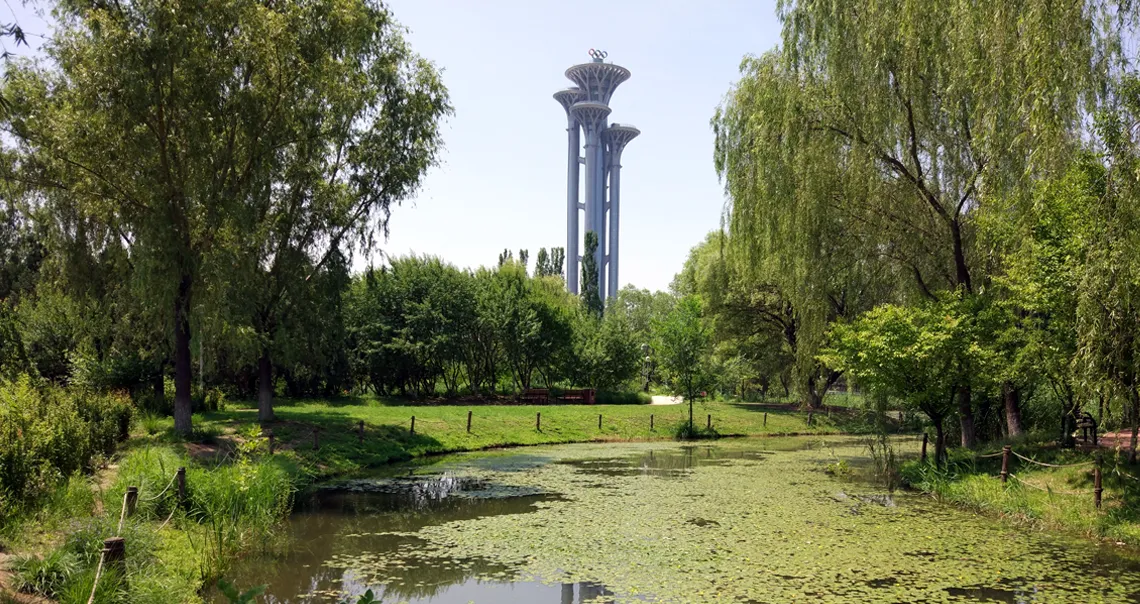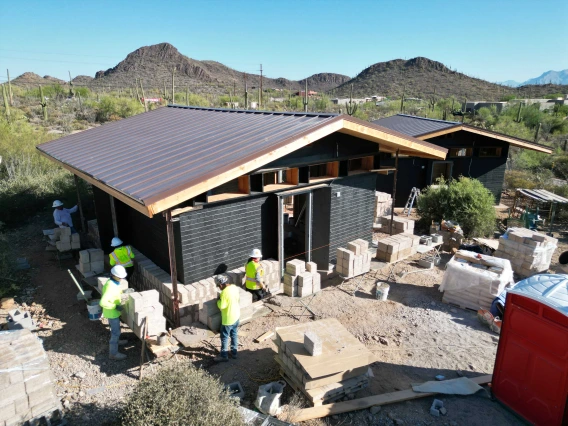Lecture Recap and Video: Jie Hu on 'Urban Design with Nature: Exploring Sustainable Urban Development in China'

In order to solve the environmental problems in China's urbanization, Jie Hu and colleagues have proposed Shan-Shui City ideas, which consider human beings and nature as equals and attempt to realize human demands for social development while protecting nature and the environment to achieve co-prosperity. They have applied the Shan-Shui City idea to projects of different scales, including:
- The Beijing Olympic Forest Park, Planning and Design
- Tangshan Nanhu Eco-City Urban Design and Nanhu Central Park Landscape Design
- The Comprehensive Master Plan of Beijing's 2019 International Horticultural Exposition
- The Landscape and Ecological Master Plan for Sino-German Eco-Park in Qingdao
The principles of a Shan-Shui City include: focusing on the history of natural ecology, respecting and protecting historical-cultural elements, apply indigenous thoughts and philosophy, following the local ecological and geological conditions, valuing human needs and natural requirements with equal attention, adopting low-impact and creative design and achieving co-prosperity.
Watch the Lecture
About Jie Hu
Jie Hu is clinical professor of landscape architecture and chair of the Master of Sustainable Urban Design program at the University of Illinois, College of Fine and Applied Arts. His major research focuses on the "Shanshui-City," which explores sustainable urban development in China. Before coming to Illinois, Hu taught at Tsinghua University, establishing the Landscape Architecture Research Center (LARC) inside the Beijing Tsinghua Tongheng Urban Planning and Design Institute (THUPDI). He served as director and chief designer of LARC in THUPDI. Hu received the Lifetime Achievement Award presented by the Council of Educators in Landscape Architecture (CELA) 2018. He is a member of the Chinese Council of Landscape Architecture and is a fellow of the American Society of Landscape Architects (FASLA). He holds a bachelor's degree in architecture from Chongqing University and two master's degrees in landscape architecture from Beijing Forestry University and the University of Illinois at Urbana-Champaign.
Header photo courtesy Wikimedia Commons.



